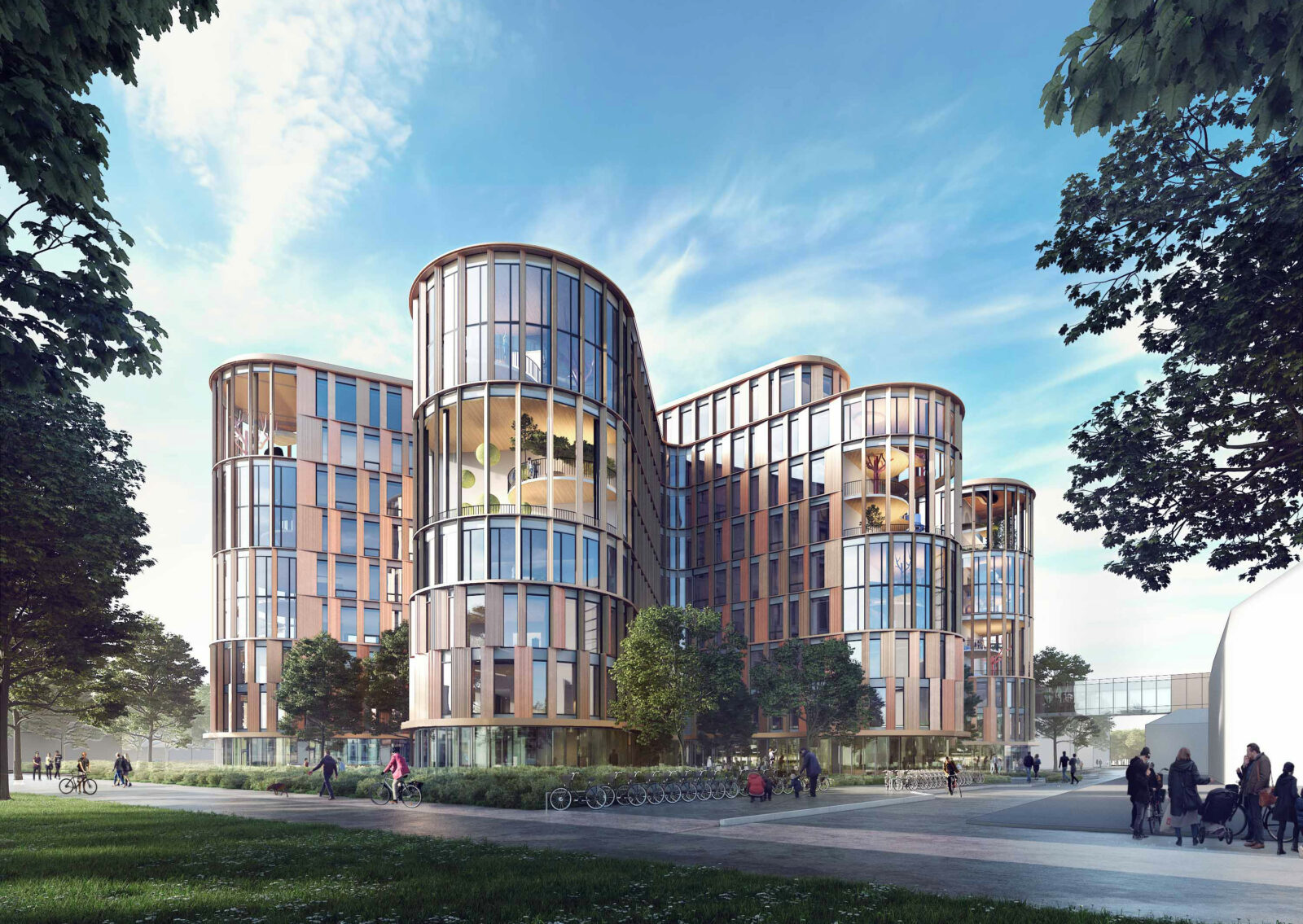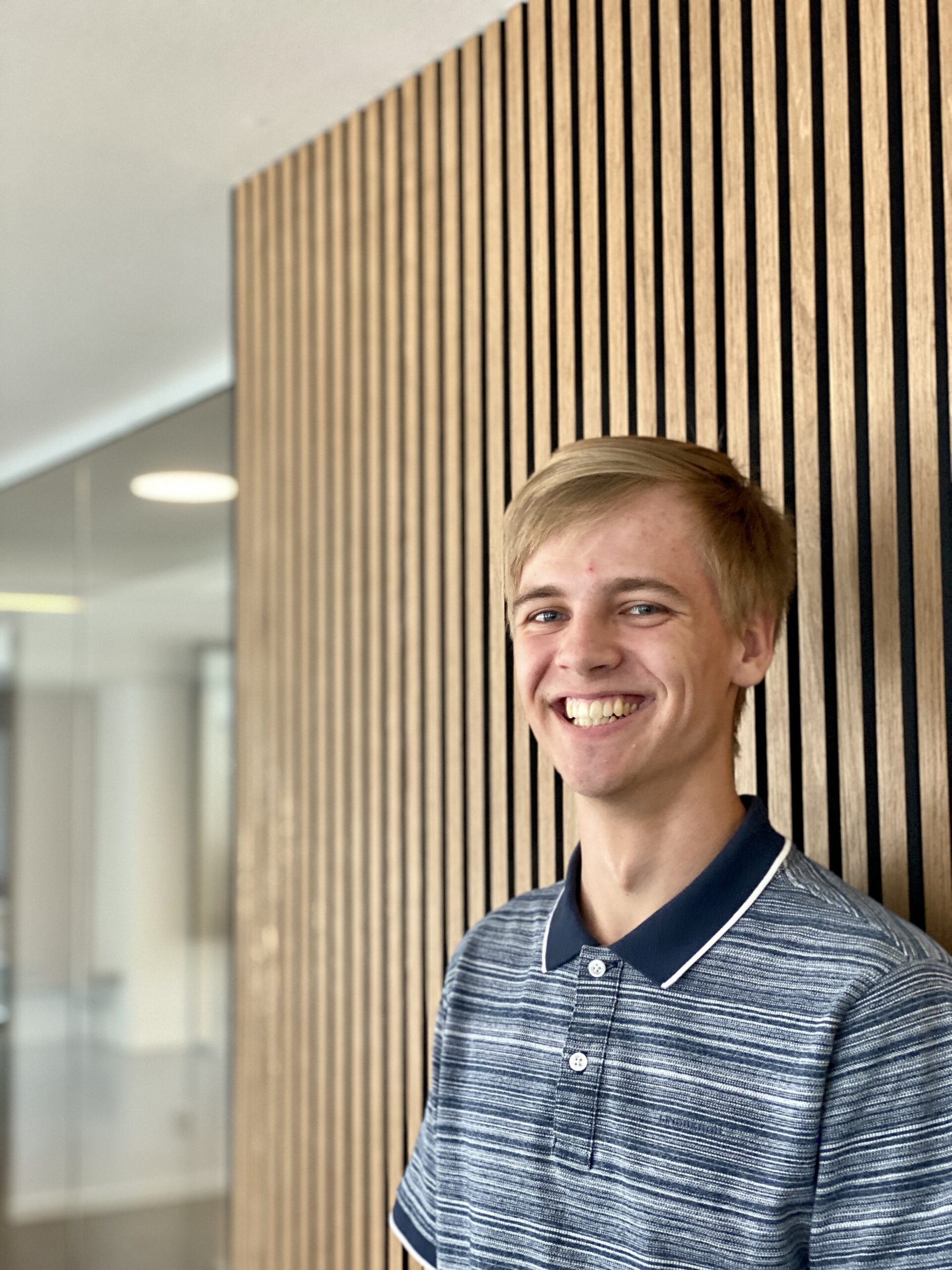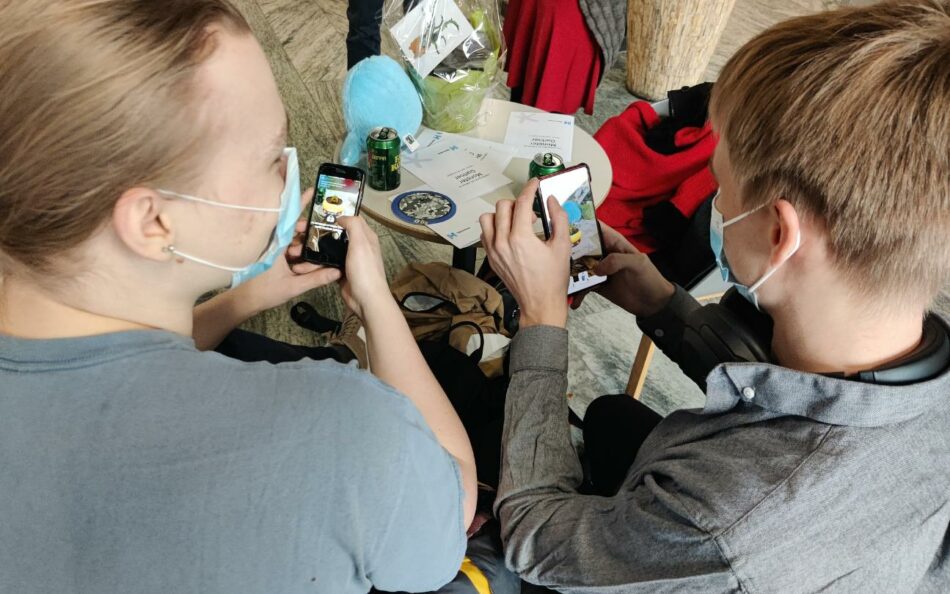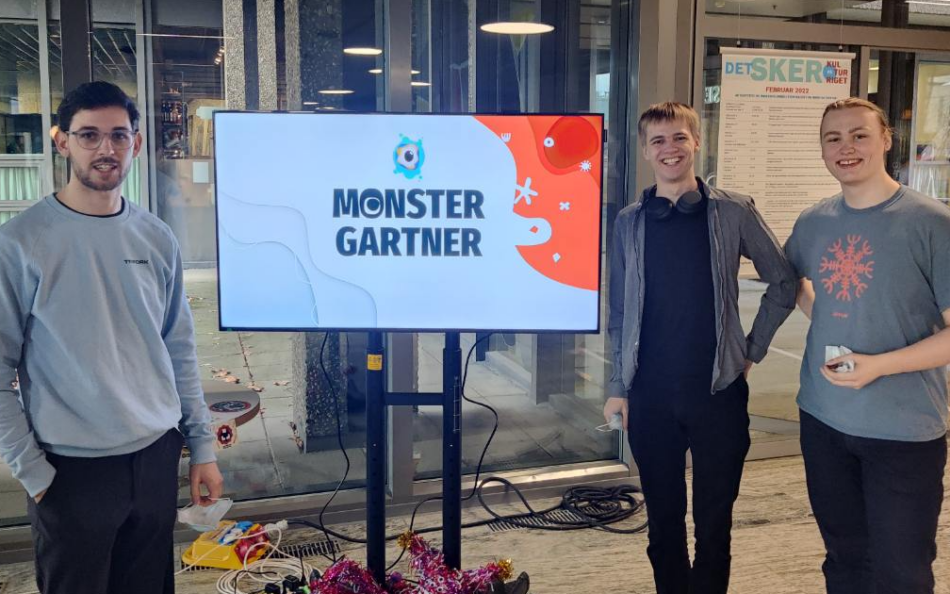
Children who are hospitalized for long periods of time often experience feelings of isolation and end up spending a lot of time in the hospital bed, which can lead to physical inactivity. They are separated from their friends and family and their daily routine is significantly different from their normal life. To alleviate this isolation and inactivity, it is important to provide opportunities for social interaction, physical activity and enjoyable events.
This can be done through activities such as video chats with loved ones, virtual field trips, interactive games and activities that simulate real-life experiences. Additionally, involving the child in their own care and treatment can also help them feel more connected and in control of their situation.
Trifork, in collaboration with Rigshospitalet, Mary Elizabeths Hospital, Serious Games, and Khora Games, has successfully developed the first phase of the project ‘Break The Isolation’. The aim of this initiative is to make the experience of being a patient at Rigshospitalet more active and enjoyable, with the potential to expand to other hospitals in the future, including Mary Elizabeths Hospital, a hospital for children, young people, and women in labour.
As part of this first phase, a gaming application known as ‘Monster Gardener’ has been developed. This application utilizes Augmented Reality technology, which combines digital elements with the real world to create unique and engaging experiences for children and young people who are being treated at the children’s ward.


“It is wildly motivating to create games that really matter. I have an extensive experience in developing games, and this is the first time I can use this experience to develop something that really means something to hospitalized children and young people – those who most of all need to have fun during a difficult time.”
Upon admission, patients are given a personalized “tag” to use within the game’s virtual universe. The game features a personal monster plant that needs care, food, and play, and relies on the child to look after it as much as possible.
The game is designed to provide children with a sense of ownership and responsibility, making them feel like they are needed, and their actions have an impact. It is also designed to increase physical activity by interacting with the app by using body movements to play the games. This might help bring more motivation and joy to their everyday lives, even on days when they may not feel well.

In the next phase of the project, the feasibility and efficacy of the app will be tested by a research group at Rigshospitalet. The app tracks the children’s engagement with the app throughout the day allowing the researchers to interpret the correlation to the children’s physical activity levels.Trifork’s role in this phase includes supporting data collection that allows for the combining of app data with the patient’s identity.
In the future, we aim for an integration of the app to children’s medical journals enabling healthcare providers to “prescribe” play to increase the children’s physical activity levels during hospitalization.
We are excited to see the result of the project at Rigshospitalet, and hope to the observe how the children play, create, move, and think about something other than their illness for a while.

Content